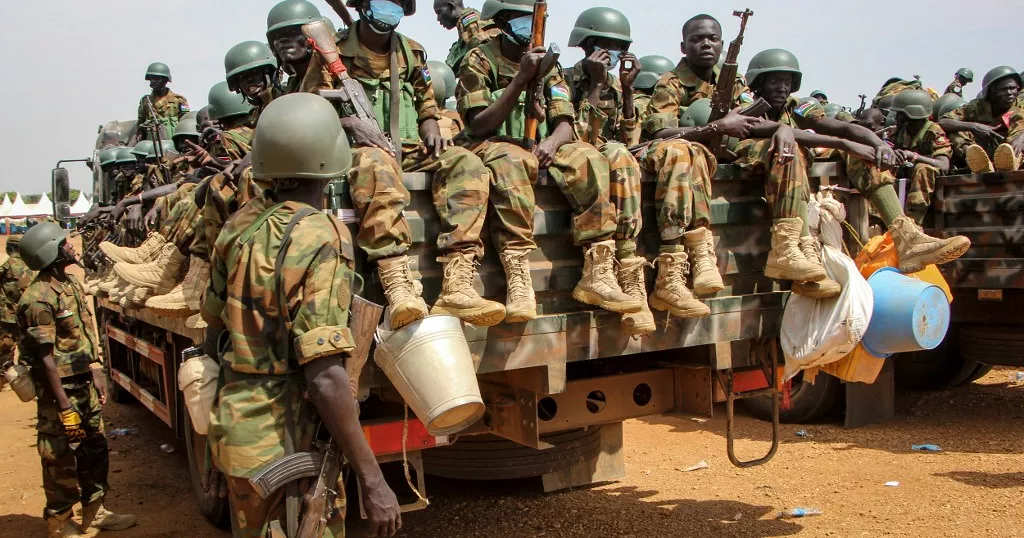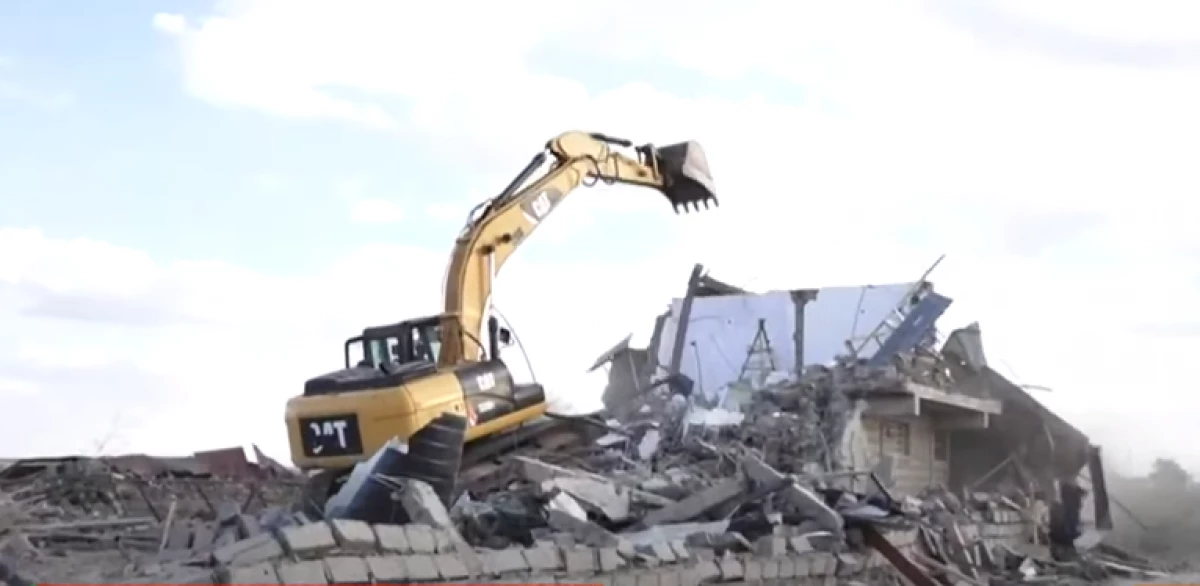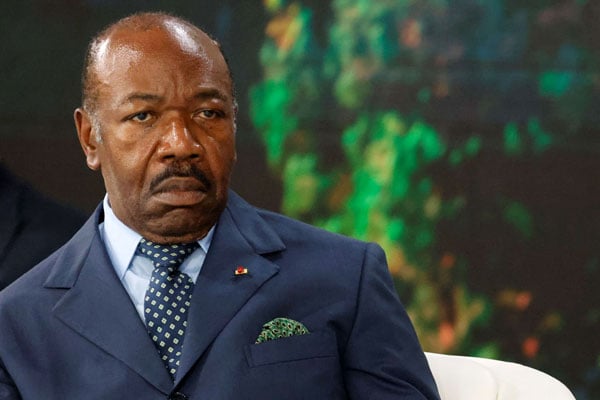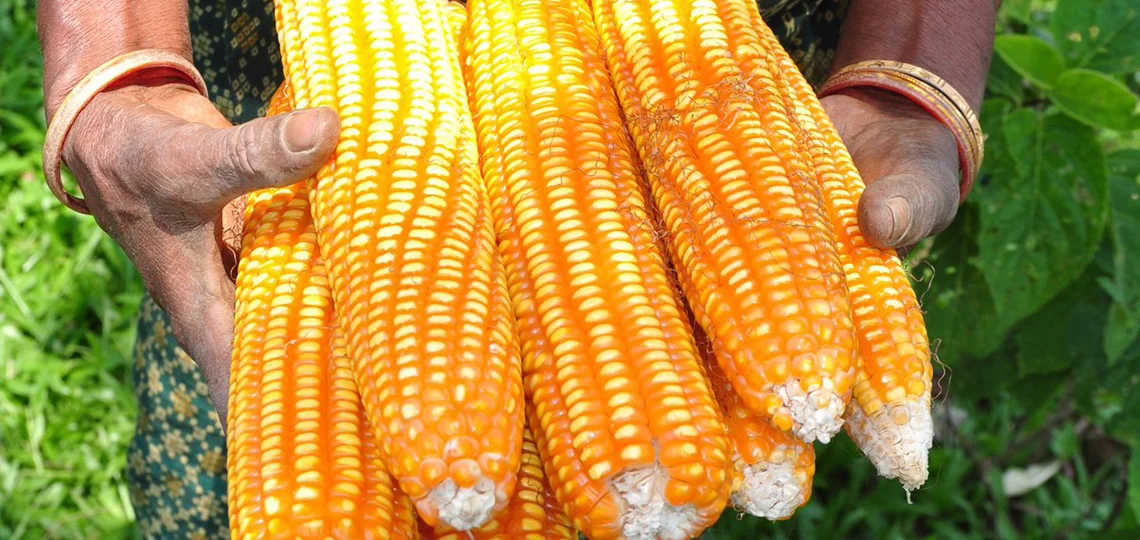DRC President Felix Tshisekedi has taken decisive action to address the security threat posed by M23 rebels in Eastern Congo. In a bold move, he has dispatched Major General Shora Mabondani to oversee the implementation of a new war plan against the rebel group.
Gen Mabondani, recently appointed as the commander of the 34th military region, arrived in the provincial capital of Goma on Wednesday evening amid heightened tensions. At Goma International Airport, the distinguished army general was warmly received by political leaders and senior army officers from the region.
Expressing his commitment to the cause, Mabondani declared that he would personally lead military operations against the M23 insurgents. He earnestly appealed for public support and collaboration from field commanders, underscoring the importance of collective efforts for the success of the mission.
The appointment of General Mabondani follows the detention of Major-General Bruno Mpezo Mbele in December 2023 due to alleged collaboration with the genocidal Democratic Forces for the Liberation of Rwanda (FDLR). The Congolese army had previously issued a statement prohibiting any form of collaboration with these negative Rwandan forces.
As General Mabondani assumes command, the Democratic Republic of Congo intensifies both aerial and long-range military attacks against M23 rebel bases. In his address, Mabondani emphasized the urgent need to restore peace and stability in Eastern DRC, enabling the people to live decent lives.
According to reports from early January 2024, Congolese generals, along with officials from the Southern Africa Development Cooperation (SADC), have formulated a comprehensive war plan to counter the M23 security threat. The plan involves a substantial force of at least 100,000 soldiers, tanks, mobile reconnaissance and strike units, long-range artillery, combat drones, and warplanes in a coordinated offensive against M23 rebels.
Currently, Congolese, SADC, and United Nations forces are conducting artillery attacks on M23’s bases in Rutshuru, North Kivu. M23’s spokesperson Lawrence Kanyuka confirmed widespread attacks against civilians, utilizing combat aircraft, heavy artillery, and drones. Officials suggest that these artillery attacks serve as a precursor to more extensive military operations scheduled for later in February.
President Tshisekedi has ruled out dialogue with Rwanda-backed M23 rebels, affirming that the Congolese armed forces will continue the fight until victory is achieved. Tshisekedi emphasized that no talks would occur with Rwanda as long as it occupies any portion of Congolese territory. Satellite images released by the United Nations in the previous year showed Rwandan troops crossing into DRC to assist M23 rebels, a claim vehemently denied by Kigali.
Rwandan President Paul Kagame accuses Tshisekedi of failing to honor commitments to M23 rebels, attributing the resurgence of the rebellion in 2019 to this perceived failure. Tshisekedi, however, maintains that DRC is a victim of Rwanda’s aggression, asserting the non-negotiable nature of the sovereignty and territorial integrity of the country.
As the conflict escalates, the United Nations reported in December 2023 that the number of internally displaced persons in the region has reached a record 6.9 million, highlighting the urgent humanitarian needs arising from the escalating conflict in Eastern Congo.




















